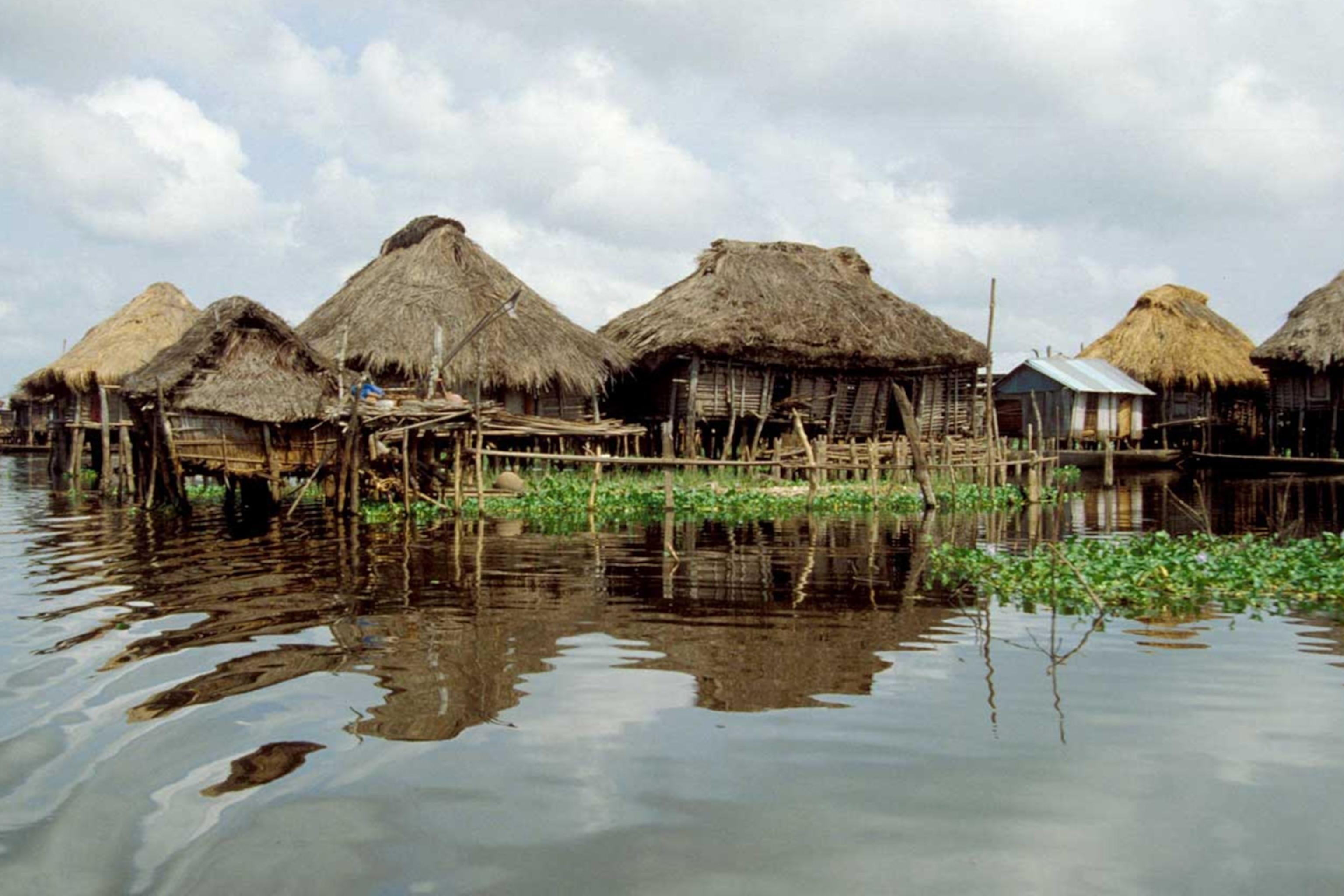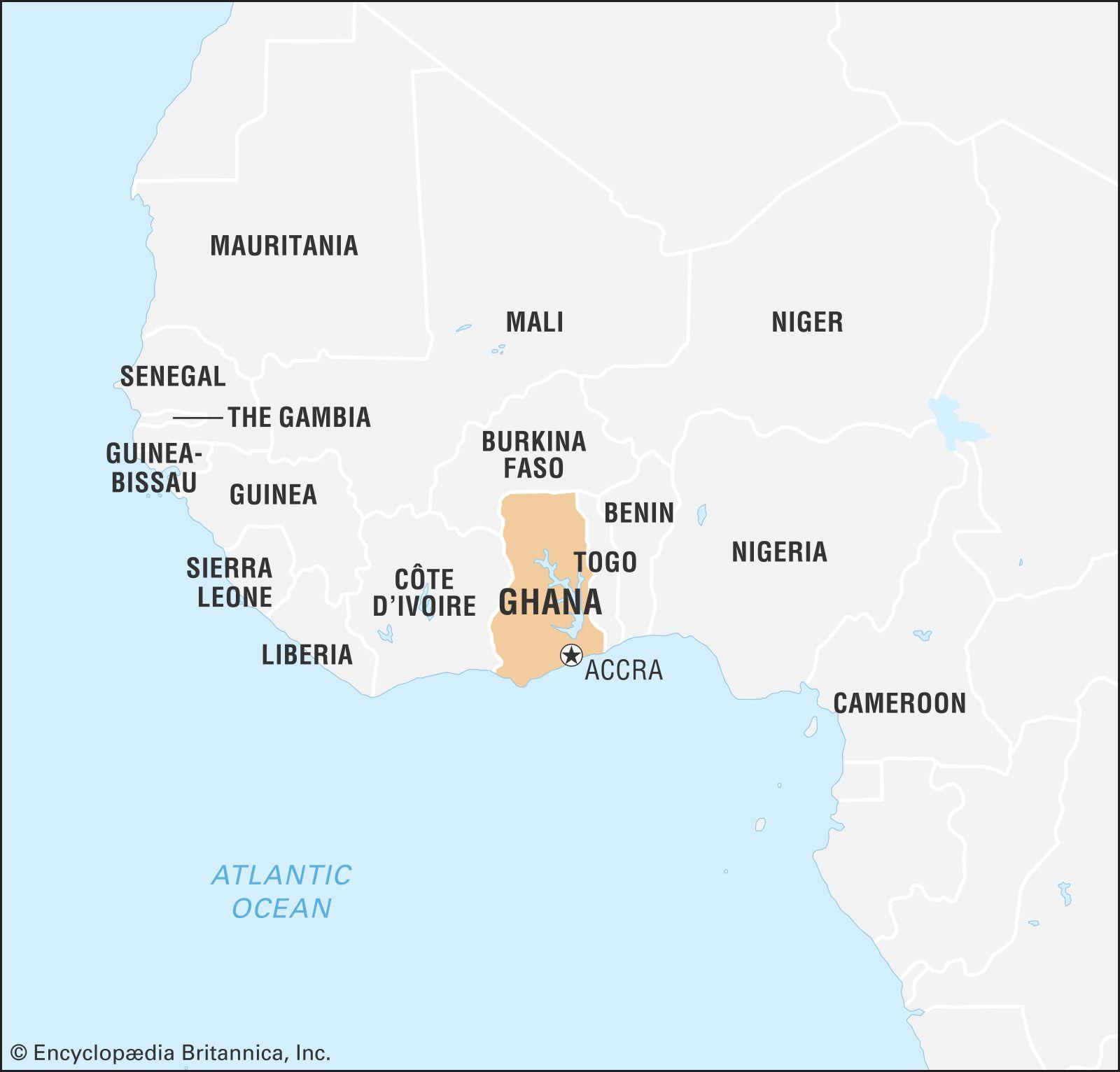Ghanas Ongoing Conflict: the Battle Between Security Forces and Illegal Gold Miners
The recent clashes between ghanaian security forces and illegal gold miners have escalated into a deadly confrontation, resulting in the deaths of at least seven individuals identified as part of the mining community. These individuals were reportedly part of a larger group engaged in small-scale mining, a practice that has become increasingly controversial in the West African nation amid rising concerns over environmental degradation and illegal mining activities.The tensions reached a boiling point in the Ashanti region, where troops were deployed to crack down on unlicensed mining operations that have significantly impacted local ecosystems and health.
The government has been under mounting pressure to address the illegal gold mining crisis, characterized by important economic implications and social unrest. In the wake of this tragic event, several issues have surged to the forefront of public discourse:
- Impact on local communities: Families of the deceased are now mourning, and communities are questioning the methods employed by the authorities in enforcing mining laws.
- Environmental concerns: The fallout from illegal mining has led to deforestation, contamination of water bodies, and loss of biodiversity.
- Regulatory challenges: The conflict highlights the struggle between informal mining operations and government efforts to oversee and regulate the industry properly.
As the situation continues to unfold, both government officials and advocates for the rights of miners must navigate the difficult balance between maintaining public safety and addressing the socio-economic realities facing those who rely on the gold mining industry for their livelihoods. In a country rich in natural resources,the path forward remains fraught with challenges and uncertainties.

human Cost of Mining Crackdown: Communities Grieve Loss of Lives
The recent military operations targeting illegal mining activities in Ghana have ignited outrage and sorrow across affected communities. Reports indicate that at least seven individuals lost their lives during the crackdown, described by locals as desperate miners seeking a livelihood in a challenging economic landscape. The violence has rippled through neighborhoods, leaving families to grapple with the sudden and tragic loss of their loved ones. Many residents are now facing the stark reality of grief compounded by fears of further military action in their pursuit of gold.
As the dust settles, several key issues have emerged, highlighting the human cost of the state’s aggressive stance on illegal mining:
- Loss of livelihood: Many of those killed were the primary breadwinners for their families, contributing to local economies that are increasingly reliant on small-scale mining.
- Community unrest: The military’s heavy-handed approach has sparked protests, demanding accountability for the lives lost and questioning the ethics of the operation.
- Long-term implications: the crackdown raises concerns about the future of mining regulations and the safety of miners, and also the potential for increased tensions between the state and local populations.

Addressing the Underlying Issues: The Quest for Sustainable Solutions in Artisanal mining
The tragic events unfolding in Ghana underscore the urgent need to confront the systemic challenges that drive many individuals into artisanal mining.While the immediate trigger may be the enforcement of laws against illegal mining, the underlying issues are multifaceted. Poverty, lack of employment opportunities, and limited access to education serve as powerful motivators for individuals to engage in mining practices that often operate outside the law. These economic deficiencies compel numerous individuals in rural areas to seek alternative sources of income, leading them to mining sites where safety regulations and environmental protections are frequently disregarded.
To address these root causes, a sustainable approach must be considered, one that goes beyond punitive measures. Effective solutions could include:
- Progress of comprehensive job training programs that provide skills for alternative livelihoods
- Investment in infrastructure and economic development in mining-adjacent communities
- Promotion of formalized mining operations that adhere to safety and environmental standards
- Engagement of local communities in the decision-making processes to ensure their voices are heard
By examining and addressing these essential issues, Ghana has an chance to transform the artisanal mining sector into a source of sustainable economic growth that benefits both the individuals involved and the nation as a whole. Ensuring the welfare of local communities while safeguarding their natural resources is not only a matter of justice but also essential for long-term peace and stability in the region.

Recommendations for Reform: Bridging the Gap Between Law Enforcement and Local Economies
In light of the escalating tensions between law enforcement and communities involved in the illegal gold mining sector, it is imperative to establish a comprehensive framework that fosters collaboration rather than confrontation. Engaging local stakeholders in dialog can definitely help bridge the gap between law enforcement objectives and the economic realities of these communities. This could involve:
- Community Policing Initiatives: Forming partnerships between law enforcement agencies and local leaders to create tailored strategies that address illegal mining while respecting community livelihoods.
- Investment in Alternative Livelihoods: Promoting sustainable economic development projects that provide viable job opportunities, reducing reliance on illegal mining. This could be facilitated through government and NGO partnerships.
- Educational Programs: Implementing educational campaigns to raise awareness about the legal ramifications of illegal mining and the importance of adhering to regulations, potentially leading to a shift in local attitudes.
Moreover, a reform of mining regulations that takes into account the socio-economic conditions of local miners is essential. policymakers must work towards establishing a legal framework that is not only effective in curbing illegal activities but also inclusive of local voices. Key strategies might include:
- Facilitating Legal Small-Scale Mining: Developing clear and accessible pathways for miners to obtain legal licenses can definitely help transition individuals from illegal operations to the formal economy.
- Strengthening Regulatory Bodies: Ensuring that mining regulations are enforced fairly while being sensitive to community needs will promote trust between residents and law enforcement.
- Conducting Impact Assessments: Regular assessments of the impacts of mining on local communities can drive policies that are responsive and adaptive to changing circumstances.
